
Ayahs and Amahs: Transcolonial Servants in Australia and Britain 1780-1945
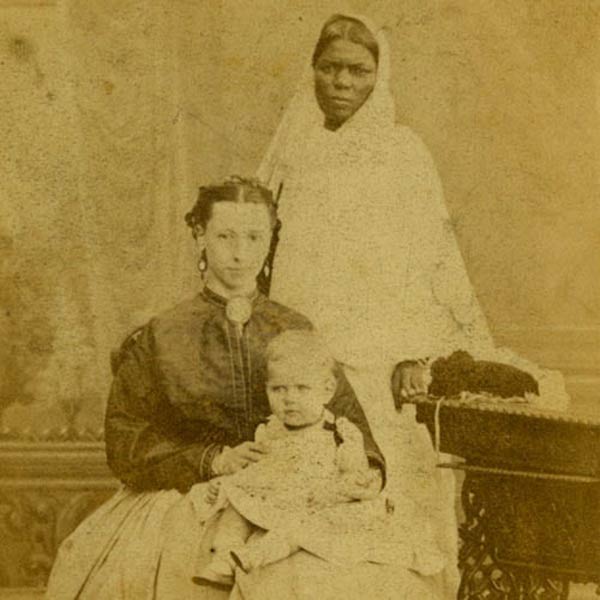
This research project brings to life the experiences and histories of the world’s first global domestic workers, the Indian Ayahs and the Chinese Amahs who were employed by colonial families during the period of British colonialism. Prominent historians from Australia, Asia and India will conduct internationally collaborative research on the transcolonial origins of global migrant domestic work. The project aims to understand and articulate the historical connections between colonialism, carework, and labour mobility as related to female domestic care workers from India and China.
To know more about the project read Rhea Nath's IndiaLink article and the University of Newcastle's Newsroom article.
Accompanying colonial families along circuits of empire between Australia, Asia, and the UK over two centuries, the Ayahs and Amahs were extraordinarily mobile women. By exploring the historical experiences and cultural memories of these earliest global domestic workers, the project aims to illuminate a broader transcolonial history of domestic work. It will also make a major historical contribution to international scholarship on domestic work, colonialism, and gender while adding significant new knowledge to Australian histories of labour and migration in a global context.
The Indian nursemaid, or “Ayah”, occupies a cherished place in the imaginary of imperial and colonial histories. Individual recollections of British colonisers in South Asia have been compiled into the one abiding childhood memory, as historian Margaret Macmillan (1998) recounts, of “a much-loved Ayah, usually a small, plump woman with gleaming, oiled hair, dressed in a white sari, who had sung to them, comforted them, and told them wonderful Indian stories” (Women of the Raj, p.137 ).
First emerging as a distinctive occupational group in India with the arrival of British wives from the late eighteenth century, the Ayahs supplanted the male servants of pre-colonial times from the late 1830s, to become the mainstay of childcare work for the British in India during the Raj.
In Singapore, Indian and Malay Ayahs were also present during the nineteenth century and into the twentieth. By the 1930s, however, childcare in the Straits Settlements, as with Hong Kong, was the domain of Chinese Amahs.
As these Indian and Chinese women workers journeyed, the cultural symbolism of their role was also transported across and between nations and colonies. Their cultural representations, as exotic emblems of empire, were as mobile as the workers themselves.
Illuminating the continuing resonances of this history of mobile domesticities for present-day debates in Australia, Britain and Asia on the legacies of empire, this project will result in several publications, a blog and an Ayahs and Amahs website, plus offer social and cultural benefits by advancing our historical understanding of the forgotten cross-cultural relationships that have shaped our world today.
Ayahs and Amahs: Transcolonial Servants in Australia and Britain 1780-1945 brings together prominent historians from Australia, Asia and India to conduct internationally collaborative research on the transcolonial origins of global migrant domestic work.
Lead Chief Investigator
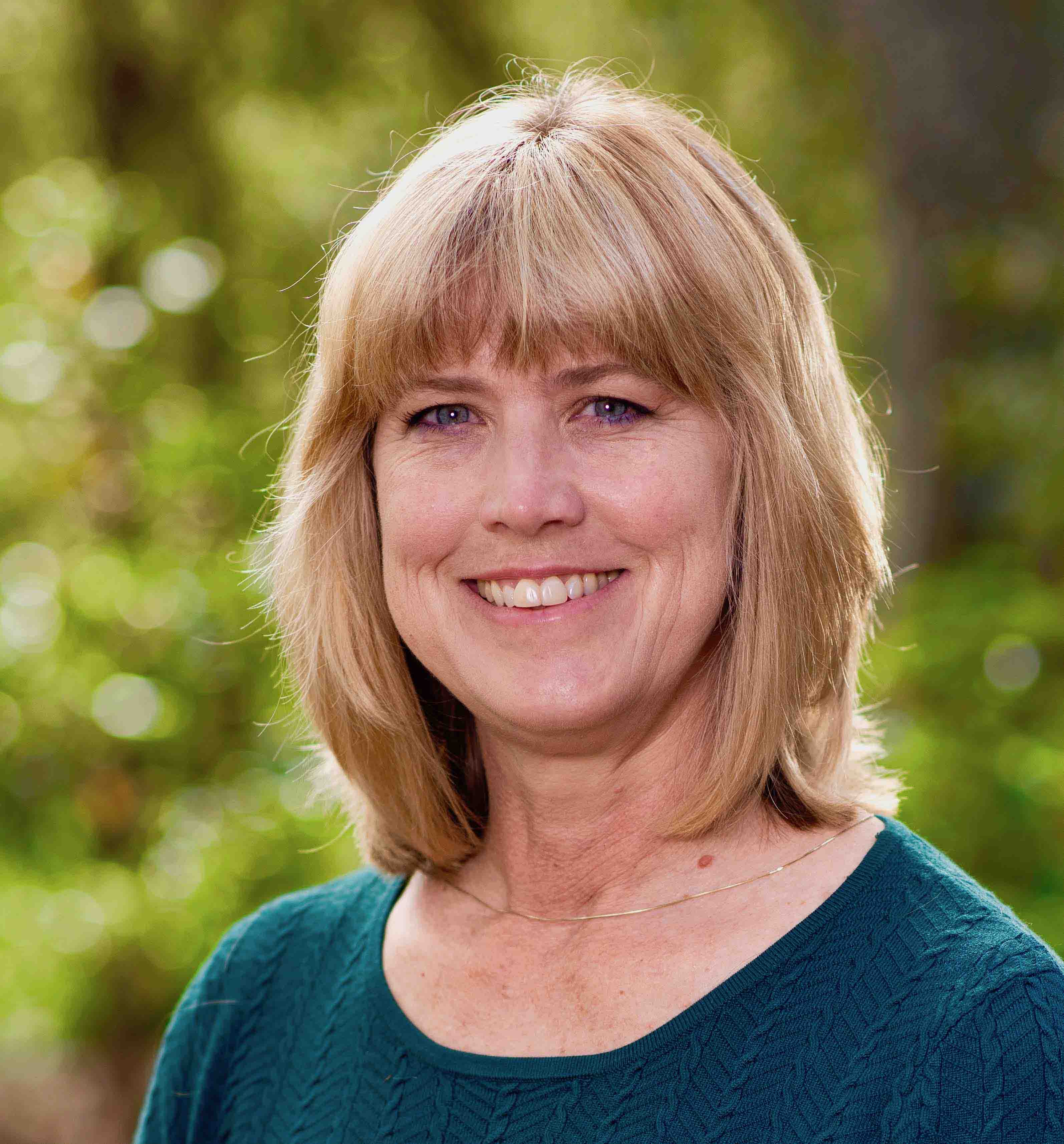
Professor Victoria Haskins
University of Newcastle, Australia
School of Humanities and Social Science (History). Director, Centre for 21st Century Humanities. Co-Director, Purai Indigenous Global History Centre
Victoria K Haskins is a Professor of History. She works on cross-cultural histories of gender, labour, and colonization, and is internationally respected for her work on Indigenous women’s domestic labour in Australia and the United States. Her recent books include Living with the Locals: Early Europeans’ Experience of Indigenous Life (NLA, 2019), with John Maynard; Colonialism and Male Domestic Service across the Asia Pacific (Bloomsbury, 2018), with Julia Martinez, Claire Lowrie and Frances Steel; Colonization and Domestic Service (Routledge 2014), with Claire Lowrie; and Matrons and Maids: Regulating Indian Domestic Service in Tucson 1014-1934 (Arizona University Press, 2012). She is the editor of the new Bloomsbury history series, Empire’s Other Histories.
Chief Investigators
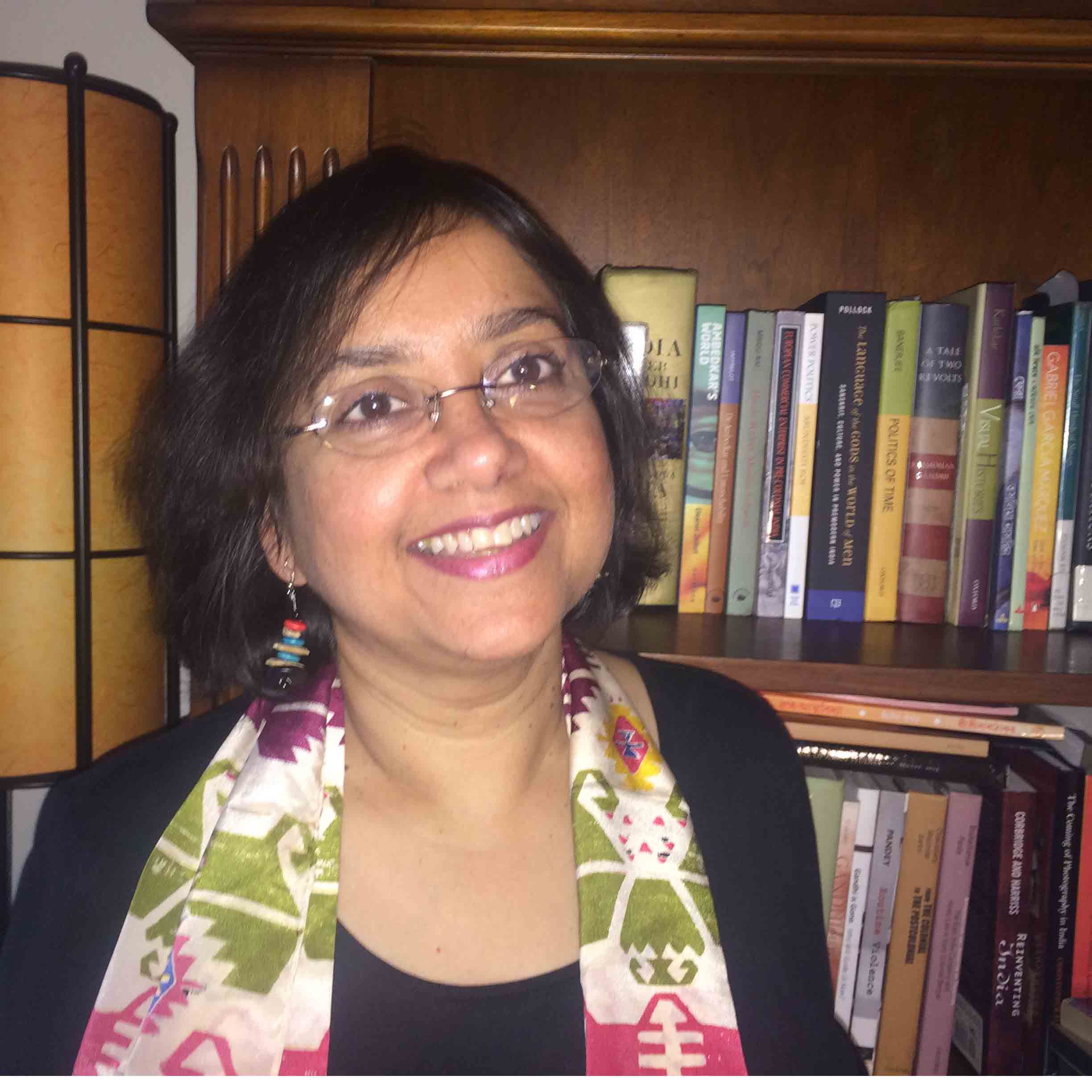
Professor Swapna Banerjee
Brooklyn College, City University of New York, USA
School of Humanities and Social Sciences
Located at the intersection of gender, class, race, and ethnicity in colonial South Asia, Banerjee’s research straddles related but distinct fields—on women, caregivers, children, fathers, masculinity, domesticity, and family. Her book Men, Women and Domestics: Articulating Middle-Class Identity in Colonial Bengal (OUP, 2004) employs the lens of employer-servant relationships to understand the construction of national identity in colonial Bengal. Her second monograph, Fathers in a Motherland: Imagining Fatherhood in Colonial India (OUP, forthcoming 2020) interrogates the strong connection between fatherhood and masculinity.

Dr Claire Lowrie
University of Wollongong, Australia
School of Humanities and Social Inquiry
Claire Lowrie works on the history of domestic labour and colonialism in Southeast Asia and Northern Australia. She has written extensively on the experiences of Chinese domestic servants, both men and women. Claire’s work has been published in Modern Asian Studies, ILWCH, Pacific Historical Review, the Journal of Colonialism and Colonial History and Gender and History. Her most recent book is Colonialism and Male Domestic Service across the Asia-Pacific (Bloomsbury, 2019) co-authored with Julia Martinez, Frances Steel and Victoria Haskins.
Research Assistants

Avantika Binani
University of Wollongong, Australia
Avantika is a second-year undergraduate pursuing her Bachelor of Arts majoring in Ancient History and Archaeology and minoring in Modern History. She has always been passionate about colonial history and conducting independent research aided by material culture. She hopes to make a considerable contribution to the Ayahs and Amahs project while expanding her horizon in the field of historical research.
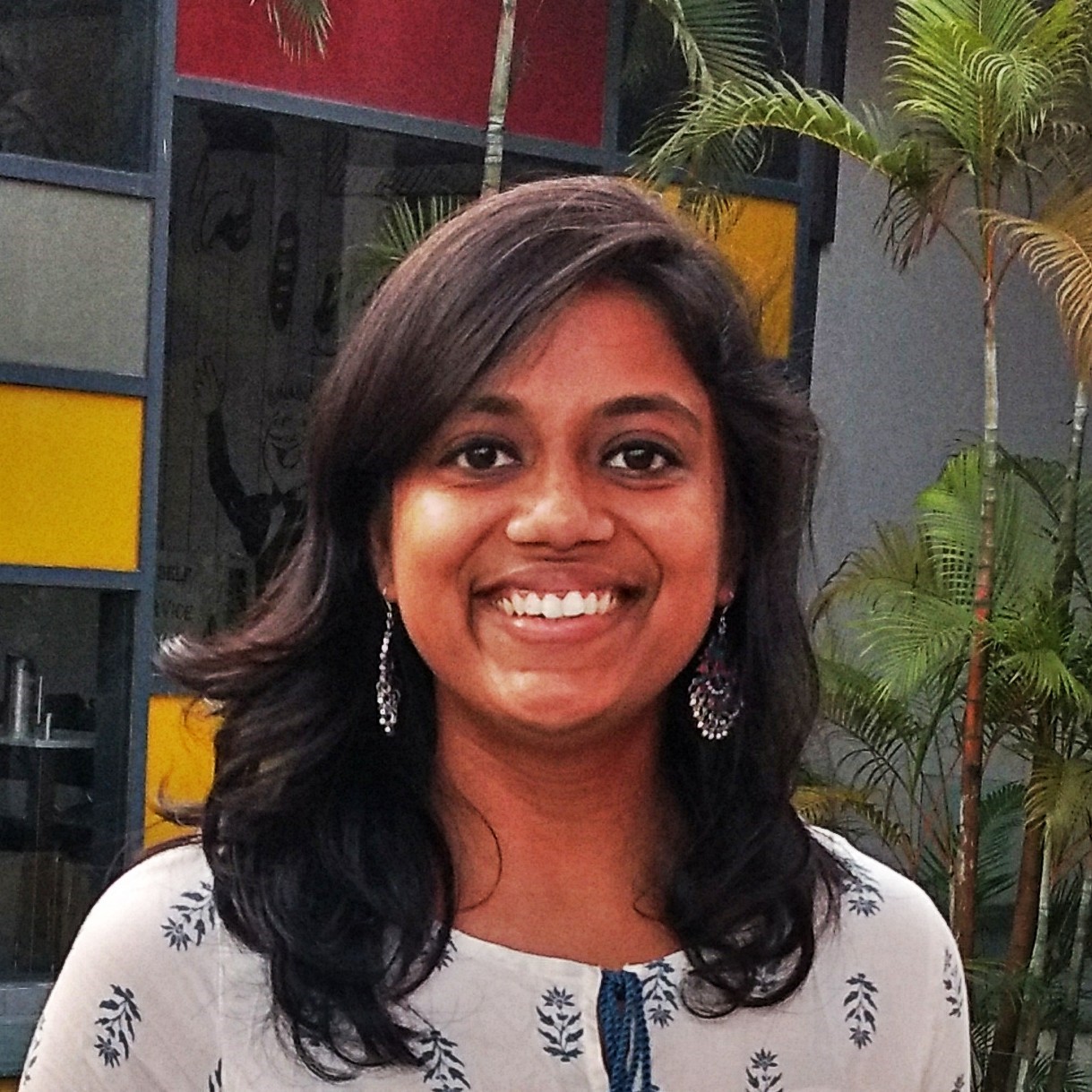
Dr Srishti Guha
University of Newcastle, Australia
School of Humanities and Social Science
Srishti Guha is a PhD Candidate in History at the School of Humanities and Social Sciences. Her thesis is titled, Gaze Returned: The Politics of Colonial Visual Culture and Iconography in India and Australia 1860 – 1950 and she is undertaking a trans-colonial study of visual culture and iconography in India and Australia in the late nineteenth and early twentieth centuries. Srishti holds MA and BA degrees in History, and a PG Certificate in Editing and Publishing from Jadavpur University, India.
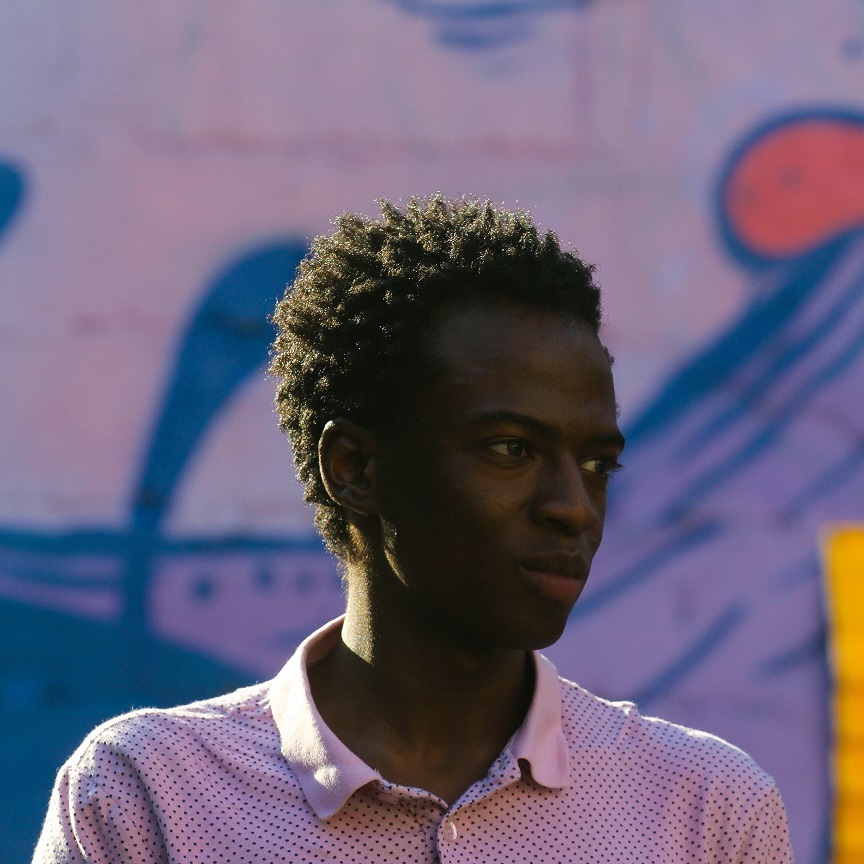
Jean-Michel Mutore
Brooklyn College, City University of New York, USA
Jean-Michel Mutore is a writer and undergraduate student majoring in History and minoring in English. He has worked for entertainment websites Birth.Movies.Death. and Polygon as a freelance journalist and film critic. In the Fall of 2020, he researched slave families and slave marriages with Professor Swapna Banerjee for Brooklyn College’s Mellon Undergraduate Transfer Student Program. He hopes to graduate in the Fall of 2021.
The University of Newcastle acknowledges the traditional custodians of the lands within our footprint areas: Awabakal, Darkinjung, Biripai, Worimi, Wonnarua, and Eora Nations. We also pay respect to the wisdom of our Elders past and present.
